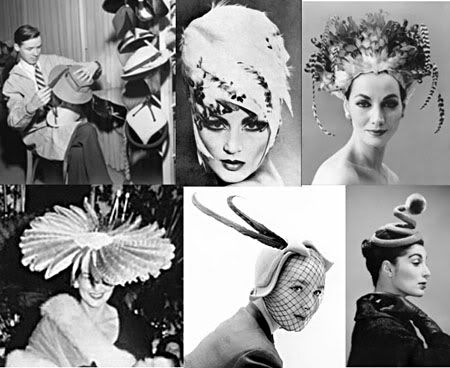 |
fashion photography
I cannot say enough good things about Bill Cunningham, and the gentle ode to his artistry in the film Bill Cunningham New York. I watched it for the second time recently. Cunningham makes no ground-breaking declarations, provides no magical insight into his photography, and has no recipe to outwit the demands of hard work. He simply works hard, and cheerfully.
He allows the documentary filmmaker (after years of refusing to be the subject of his own film) to follow him around in his various assignments photographing women in fashionable clothes, whether in the streets or in the exclusive soirées of New York City. Despite his affable nature, he takes his job (that's what it is to him) seriously, at times performing seriously dangerous antics, like cycling around New York City traffic, to get it done. He says, in his out-of-place but charming Boston accent, that fashion is "the ahmor to survive the reality of everyday life," and that getting rid of fashion "would be like doing away with civilization." But no pompous expectations from him - he refuses to eat at the lush parties he photographs, he says to avoid distraction. He just chronicles his vision through his camera.
There is an especially telling moment in the documentary when he talks about the difficulties of working in New York. He indulges in this moment of uncharacteristic self pity (or perhaps it was simply his version of unedited honesty, which was caught off-guard on camera). But he almost immediately regains his composure and cheerfulness, and resumes his work looking at negatives with his signature laugh and "let's get this show on the road" gusto.
Iris Apfel, a New York philanthropist and who has worked on textile restoration projects for the White House, says that Cunningham is always kind to the women he photographs. His early job at Women's Wear Daily ended up with him quitting because the photo editors mocked the ordinary women he photographed wearing designer clothes.
There is a scene in the film where one of Cunningham's apartment neighbors in the (now former) Carnegie Hall Artist Studios has a photo of Andy Warhol amidst her rubble, and adamantly tells the filmmaker not to shoot the Warhol canvas. Cunningham, in his quick and humorous way, says that Warhol was all about taking pictures.
The end credits of the documentary plays "I'll be your mirror" by the New York band The Velvet Underground and their lead songstress Nico (the band was managed by Andy Warhol in the 1960s). I thought this was an odd piece of music to choose. The German Nico sings the song a little off-key, à la Marlene Dietrich (is she the standard for German songstresses?). Perhaps the filmmaker chose the piece for the words.
Perhaps that is how Cunningham gets his immeasurable energy, that he is the mirror to show "the beauty that you are."
Watch the film if you can, for a gentle uplift by a gentle man.
I'll be your mirror
By the Velvet Underground
I'll be your mirror
Reflect what you are, in case you don't know
I'll be the wind, the rain and the sunset
The light on your door to show that you're home
When you think the night has seen your mind
That inside you're twisted and unkind
Let me stand to show that you are blind
Please put down your hands
'Cause I see you
I find it hard to believe you don't know
The beauty that you are
But if you don't let me be your eyes
A hand in your darkness, so you won't be afraid
When you think the night has seen your mind
That inside you're twisted and unkind
Let me stand to show that you are blind
Please put down your hands
'Cause I see you
I'll be your mirror...